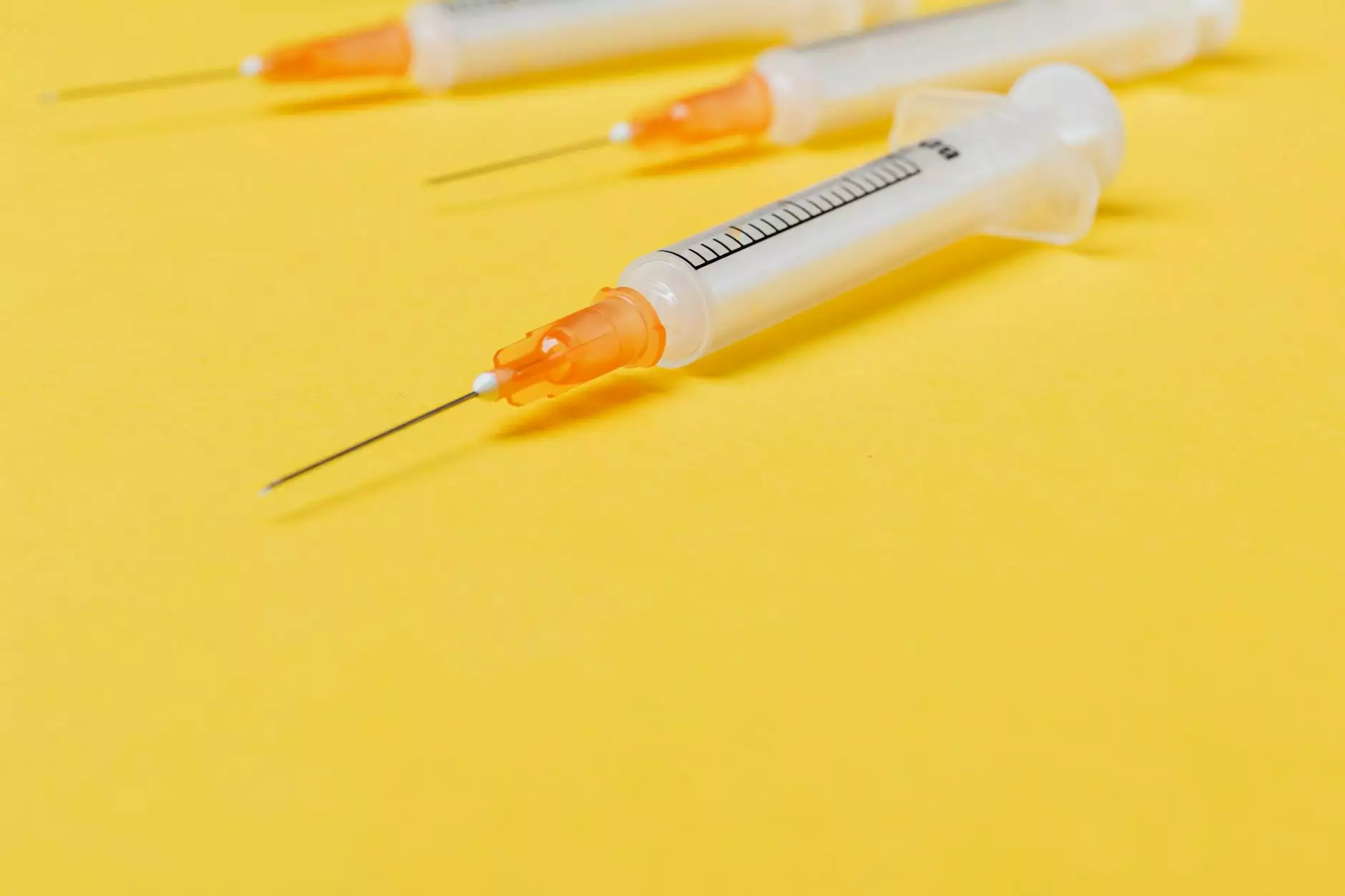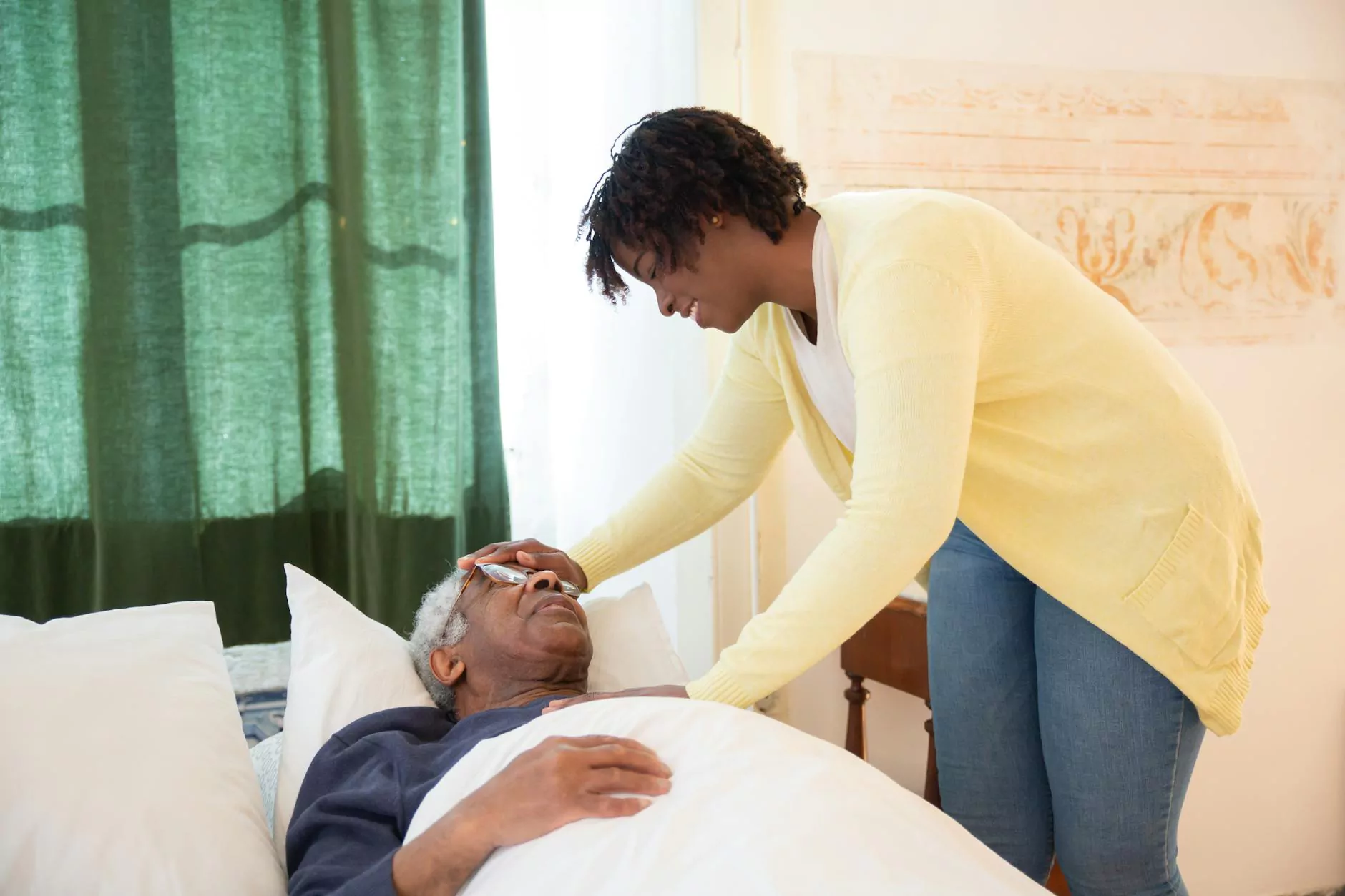Foot Corn and Callus Treatment: The Ultimate Guide to Healthy Feet

Introduction
At The Foot Practice, we understand the importance of healthy feet. As specialized podiatrists in the field of foot care, we are dedicated to providing the best foot corn and callus treatment options for our patients. With years of experience and a commitment to excellence, we aim to help you achieve pain-free and beautiful feet. In this comprehensive guide, we will explore various foot corn and callus removal techniques and share preventive measures to ensure long-term foot health. Let's dive in!
Understanding Foot Corn and Calluses
Foot corns and calluses are common foot conditions caused by the accumulation of dead skin cells in specific areas of the feet. Corns are typically round, raised, and painful, often found on the tops and sides of the toes. Calluses, on the other hand, are typically larger, flat, and located on the soles of the feet.
These conditions occur due to repetitive friction or pressure on the feet, primarily from ill-fitting shoes or abnormal foot mechanics. High heels, tight shoes, and activities that strain the feet can contribute to the formation of corns and calluses.
The Foot Corn and Callus Treatment Options
When it comes to treating foot corns and calluses, it is essential to consult a qualified podiatrist who can assess your specific condition and recommend the most appropriate treatment plan. Here are some common foot corn and callus treatment options offered at The Foot Practice:
1. Conservative Treatments
Conservative treatments focus on reducing the pain and discomfort caused by foot corns and calluses. Your podiatrist may recommend:
- Wearing properly fitted shoes with extra cushioning and support
- Using protective padding or insoles to reduce pressure on affected areas
- Regularly soaking feet in warm water to soften the corns and calluses
- Gentle exfoliation using a pumice stone or foot file
- Applying moisturizers or creams to keep the skin hydrated
2. Medicated Treatments
If conservative treatments do not provide sufficient relief, your podiatrist may recommend medicated treatments. These typically include:
- Topical creams or ointments containing salicylic acid to gradually soften and remove the corns and calluses
- Prescription-strength creams or medications for more severe cases
- Chemical peels or acid treatments for tougher corns and calluses
3. Professional Procedures
In some cases, professional procedures may be necessary for the effective removal of foot corns and calluses. These procedures are performed by our experienced podiatrists and may include:
- Corn and callus debridement using specialized tools to safely remove the hardened skin
- Custom orthotics to correct foot mechanics and prevent future corns and calluses
- Corticosteroid injections for severe pain and inflammation relief
- Surgical options for persistent or recurring corns and calluses
Preventing Foot Corns and Calluses
Prevention is key when it comes to foot corns and calluses. By following these simple tips, you can significantly reduce the risk of developing these often painful conditions:
1. Wear Properly Fitted Shoes
Invest in well-fitting shoes that provide adequate support and cushioning. Avoid tight, narrow shoes that squeeze or rub against your feet.
2. Opt for Comfort
Choose shoes made from breathable materials and with features that promote comfort. Look for cushioning, arch support, and shock absorption.
3. Practice Proper Foot Hygiene
Maintain good foot hygiene by regularly washing your feet with mild soap and warm water. Make sure to dry your feet thoroughly, especially between the toes, to prevent moisture buildup.
4. Moisturize Your Feet
Keep your skin moisturized to prevent dryness and cracking. Use foot creams or lotions that contain moisturizing ingredients.
5. Trim Your Toenails Carefully
Trim your toenails straight across and avoid cutting them too short. This helps prevent ingrown toenails and the formation of corns and calluses.
6. Use Protective Pads
If you notice any areas of increased pressure or friction on your feet, protect them by using adhesive pads or cushions.
7. Regular Foot Check-ups
Visit your podiatrist regularly for comprehensive foot examinations. Early detection and timely treatment can prevent the worsening of foot conditions.
Your Partner in Foot Health: The Foot Practice
At The Foot Practice, we are committed to providing the highest quality foot care services. With our experienced podiatrists, state-of-the-art facilities, and cutting-edge treatments, we aim to help you achieve optimal foot health.
If you are struggling with foot corns and calluses, don't let them impact your daily life. Contact The Foot Practice today to schedule an appointment and discover the best foot corn and callus treatment options tailored to your needs. Our dedicated team is here to support you on your journey to healthy and pain-free feet!









